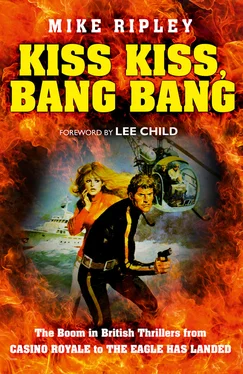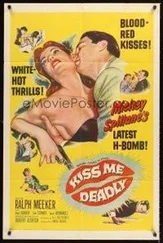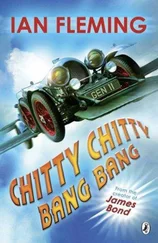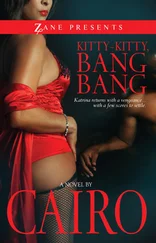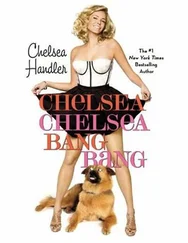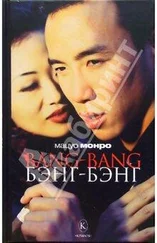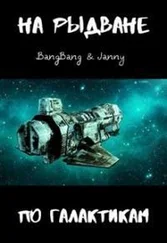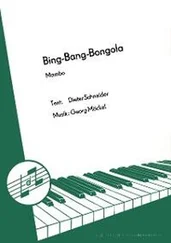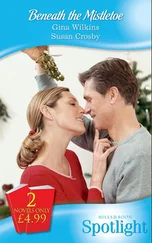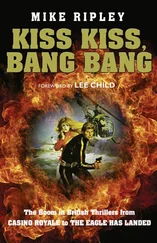Chapter 5: End of Empire
Chapter 6: Travel Broadening the Mind
Chapter 7: Class of ’62
Chapter 8: The Spies Have It, 1963–70
Chapter 9: The Adventurers, 1963–70
Chapter 10: The Storm Jackal Has Landed – The 1970s
Chapter 11: The New Intake
Chapter 12: Endgame
Appendix I: The Leading Players
Appendix II: The Supporting Cast
Notes & References
Acknowledgements & Bibliography
Index
About the Author
Also by Mike Ripley
About the Publisher
Some time ago Mike Ripley e-mailed and asked if I would write a foreword for his new book. I knew roughly what it was about: Mike and I bump into each other a couple of times a year, at industry junkets, and like writers everywhere we always ask about works in progress – secretly hoping, I suppose, that the other guy is having it even worse than we are. So I knew the project was a survey of British thriller fiction during the two golden decades between the mid-Fifties and the mid-Seventies. Knowing Mike, I knew the scholarship would be meticulous; I knew the writing would be pleasantly breezy, but always willing to seize passionately upon a point, and render a clear and acute conclusion, without fear or favour. It would be a book I would want to read – maybe even pay for – so why not get it early and free? So I said yes.
Mike is a slightly older codger even than I, so there was no immediate e-mail response to my response. I got the impression he treats e-mail like the country squire he pretends to be, reads the post, perhaps once a day, perhaps in the early morning, at the breakfast table. I spent the rest of my own day writing a newspaper article commissioned by the New York Times . I was never quite sure what they wanted, but it seemed to require a retrospective mood, even elegiac, starting right back at the beginning, which in my case meant growing up in provincial post-war Britain. I polished the piece and sent it off.
Then – bing – the attachment arrived from Ripley.
For the New York Times , I had started, ‘Objectively I was one of the luckiest humans ever born.’
Ripley’s preface started, ‘I am of the luckiest generation.’
He’s a couple of years older than me, which makes us a typical older brother–younger brother age pairing right in the middle of the luckiest demographic in history. For the Times I said we were a stable postwar liberal democracy, at peace, with a cradle-to-grave welfare system that worked efficiently, with all dread diseases conquered, with full employment for our parents, with free and excellent education from the age of five for just as long as we merited it. We had no bombs falling on our houses, and no knocks on our doors in the middle of the night. No previous generation ever had all of that, not in all of history, and standards have eroded since. We were very lucky.
But, I said, it was very boring. Britain was grey, exhausted, physically ruined, and financially crippled. The factories were humming, but everything went for export. We needed foreign currency to pay down monstrous war debt. Domestic life was pinched and austere.
We escaped any way we could. Reading was the main way. Thrillers were the highest high, and British writers were never better than during our formative years. But finding out about them was entirely random. Obviously there was no Internet – electricity itself was fairly recent in some of our houses – and it was rare to meet a fellow aficionado face to face, and enthusiast bookshops were inaccessible to most of us, and so on. We blundered from one random find to another. Some of us had older brothers blazing the way, and really that’s exactly what this book is – the perfect older brother, equipped with 20/20 hindsight, saying, ‘Read this, and then this, and this, and this.’
I can follow my own snail-trail across the landscape that Ripley so comprehensively describes. I can pick my way from A to Z, book to book, zigging and zagging. I can remember the joy of escaping, and the thrill of immersion in a fast and gaudy world, and wanting to do it again and again. In that sense this book feels like my own personal memoir, and inevitably it will to thousands of others too, with their own unique zigzag snail-trails, and as such it seems of great sentimental value, like a long-lost diary, like a list of the way stations that carried us through a time that promised to be forever grey.
It’s also sad, in a way. We all missed so much. Zigging and zagging are all very well, but must always conspire to pass by most good things, simply by the law of averages. But what’s done is done. Instead we should treat this book like a catch-up manual, and fill in what we didn’t read the first time. Some of it might be really good. Some of it might recapture the feeling.
Which would be worth something. A book I might pay for, indeed.
Lee Child
New York
2016
The pagination of this electronic edition does not match the edition from which it was created. To locate a specific passage, please use the search feature of your e-book reader.
I am of the luckiest generation, the one which avoided National Service and enjoyed a fee-free university education – they even gave you a grant for going.
I spent my early teenage years, and all my pocket money, reading thrillers. It was the first half of the 1960s and I could, by haunting second-hand bookshops and market stalls, usually pick up two, sometimes three, recent paperbacks for the same price as a ‘Top Ten’ 45 rpm vinyl single, which seemed a far better use of my limited disposable income. At least that was my thinking until I discovered girlfriends, and the Rolling Stones recorded Beggar’s Banquet.
I was brought up in a house where a large pile of library books, all fiction, were refreshed every fortnight. Even in a small coal mining village in the West Riding of Yorkshire, there was a public library attached to the infant school which was open two or three evenings a week and allowed four books to be borrowed on each library ticket. My father was a voracious reader of Westerns whilst my mother’s passion was for historical novels. I read thrillers and I knew exactly what I meant when I said that then, although today I would differentiate and describe myself as having started out on adventure thrillers and then moved on to spy thrillers . Unlike many of my peers, science fiction did not entice and detective stories or ‘whodunits’ to me were stale and unappetizing (with the singular exception of Raymond Chandler).
A thriller would offer excitement and almost certainly a connection to WWII. This was a familiar and important reference point as the comic books I had been brought up on as a young lad did not feature Batman, Superman or a Hulk, but soldiers – invariably British or Commonwealth troops – fighting on land, sea, and air against implacable German, inscrutable Japanese and unreliable, if not cowardly, Italian foes. These 64-page book-format magazines were published, rather grandly, as ‘Libraries’. There was War Picture Library , Battle Picture Library , Air Ace Picture Library and, from a rival stable, Commando . They cost a shilling (5p) each and were, as far as I could tell being a bit of a military history buff, pretty accurate when describing the campaigns of World War II.
Why the obsession with WWII? I do not come from a military family, had no career aspirations in that direction (not even the Boy Scouts), and the war itself had ended more than seven years before I was born. Yet it somehow dominated my childhood. The headmaster of my village primary school was a former Royal Navy chief petty officer, the village priest had been a Chaplain with the 14th Army in Burma, I had an impressive collection of toy soldiers, and war films always seemed to be on television – mostly proving that no prison camp could ever hold plucky British escapees when they set their mind to it. When the minor public school I attended took the revolutionary step of starting up a Film Club, the first feature it showed was The Guns of Navarone . (The Headmaster who sanctioned the formation of that Film Club also prohibited any boy from going to the local cinema to see Lindsay Anderson’s If … in 1968. He was clearly a man who understood the power of film.)
Читать дальше
